If you are like most thyroid patients then you have probably heard that gluten can cause problems if you have a thyroid problem.
And while this is certainly true, it’s also true that not everyone with thyroid problems HAS to be gluten-free (but more on that below).
This line of questioning leads to one very important question:
Are prescription thyroid medications gluten-free? Do they contain the very ingredient that causes problems for many thyroid patients?
And the answer is no.
There are no current thyroid medications on the market that contain significant amounts of gluten.
Having said that, it’s not required for the manufacturers of all thyroid medications to list the gluten content of their medications.
So while we know that they don’t contain products that contain gluten, we don’t have an exact amount of how much gluten is found in some of these medications.
This is important because some inactive ingredients found in certain thyroid medications can be processed from wheat which means they may contain traces of gluten.
The following thyroid medications do NOT contain gluten:
The following thyroid medications do not contain ingredients that contain gluten but they have not been tested or certified as gluten-free:
- Armour thyroid
- Levoxyl
- Synthroid (1)
- Cytomel
What should you do with this information?
It depends on how sensitive you are to gluten, whether or not you have Celiac disease, and how you are responding to your thyroid medication.
If you do have Celiac disease then you will want to stick to the medications which are certified as gluten-free when possible.
If you have gluten intolerance and may only react negatively to large doses of gluten, then using any type of thyroid medication is probably okay for you.
If you are someone who is not responding well to your thyroid medication (meaning you are still experiencing low thyroid symptoms) then you may want to consider switching between thyroid medications!
Even if it isn’t the gluten causing problems for you, it may be due to some other inactive ingredient (which we will talk more about in a minute).
With that in mind, let’s talk about some other important information including the connection between thyroid disease and gluten, other reasons you may not be feeling well on thyroid medication, and whether or not you should be gluten-free.
Let’s jump in…
The Connection Between Hypothyroidism and Gluten Consumption
Is there a connection between the low thyroid state of hypothyroidism and the consumption of gluten?
Well, yes and no.
There is almost certainly a route in which the consumption of gluten may lead to low thyroid function but it’s also not a guarantee.
Let me explain:
The number 1 most common cause of hypothyroidism (low thyroid function) in the United States is the autoimmune disease known as Hashimoto’s thyroiditis.
While we don’t know exactly what triggers this autoimmune disease, we do have a lot of smoke that points to the gastrointestinal tract as a source.
One theory for the genesis of Hashimoto’s is through something called molecular mimicry (2).
This theory states that damage to the gut lining can allow things to enter your body that shouldn’t normally be there.
If these things come into contact with your immune system then your body may create antibodies to remove them.
In some cases, these antibodies may look like parts of your own body in which case your own body will start attacking itself.
Because gluten has been shown to cause damage to the intestinal wall (3) and result in the leaking of gut byproducts into the body, it’s plausible that gluten may be the cause of Hashimoto’s in some individuals.

But before you go running off proclaiming that gluten causes Hashimoto’s, there’s one more point of view to consider.
And that is the fact that Celiac disease is an autoimmune disease and when you have one autoimmune disease you are more likely to have another.
So it may very well be the case that someone who develops Hashimoto’s is more likely to develop Celiac disease.
And it’s likely, in most people, that these two conditions co-exist instead of one causing the other.
In some sense, it doesn’t actually matter which came first, and here’s why:
There’s good evidence to suggest that going gluten-free is good for your thyroid health regardless of which came first!
When thyroid patients are polled about what types of therapies work best, many state that going gluten-free helped them not only feel better (4) but manage their symptoms.
The bottom line?
You may want to try a trial of going gluten-free to see how it makes you feel.
Have Problems Feeling Better on Your Thyroid Medication?
Believe me when I say that I know many thyroid patients struggle to feel better, even while taking thyroid medication.
Many thyroid patients are searching (perhaps even you reading this now) for reasons why their thyroid medication is not helping them feel better.
You may be tempted to blame gluten for that problem but before you do, let me give you a few other reasons why your thyroid medication may not be working.
But first, you need to understand the difference between active ingredients and inactive ingredients in prescription medications.
Active ingredients are the ingredients that actually work in your body.
In the case of a thyroid medication like levothyroxine, the active ingredient would be thyroxine (thyroid hormone).
Active ingredients are combined with inactive ingredients in every single medication, including thyroid medications.
Inactive ingredients are supposed to be inert (meaning they shouldn’t do anything in the body) and are designed to help stabilize the active ingredients.
We are starting to figure out that not all inactive ingredients are inert!
In fact, we have studies suggesting (5) that some people are more sensitive than others to these very ingredients.
And it’s my belief that many thyroid patients fall into this sensitive category.
Let’s look at the thyroid medication Armour thyroid and break apart the active and inactive ingredients.
The active ingredients in Armour thyroid include:
- Thyroxine (T4 thyroid hormone)
- Triiodothyronine (T3 thyroid hormone)
- Minor amounts of calcitonin and T2
The inactive ingredients in Armour thyroid include (6):
- Calcium stearate
- Dextrose
- Microcrystalline cellulose
- Sodium starch glycolate
- Opadry white
The active ingredients in all thyroid medications are bio-identical meaning they look identical to the same hormones that your thyroid gland would produce if it worked properly.
But all thyroid medications differ in their inactive ingredients.
If all thyroid medications have the same active ingredients, then why is it that someone may do well on Armour thyroid and not Nature-throid or vice versa?
It’s probably because of these inactive ingredients!
They may be impairing the absorption of your thyroid medication or even causing you to react negatively when you take them.
For this reason, switching between thyroid medications is often the solution if you are not feeling well on any given brand.
For your reference, certain thyroid medications are cleaner than others.
The cleanest thyroid medications include:
- Tirosint
- Tirosint-sol
- WP Thyroid
- SR T3
- Compounded thyroid medication
If you are someone that tends to be sensitive to inactive ingredients or medications then opting for these cleaner thyroid medications is probably your best choice.
Does Gluten Impact Thyroid Medication Absorption?
What if you don’t have a gluten intolerance? Is it still safe to consume gluten?
It depends on who you ask.
It’s very clear that if you are someone who has Celiac disease, consuming gluten WILL impair the absorption of your thyroid medication.
Consuming gluten in the setting of Celiac disease will result in blunting of your intestinal villi and a reduction in how well you absorb medications as well as nutrients.
This is also true if you are someone with non-celiac gluten sensitivity.
What we don’t know is whether or not the average thyroid patient without these gluten intolerance conditions should consume gluten-containing foods.
On one hand, we have evidence that suggests that consuming gluten period may cause damage to the intestinal lining and upregulate the growth of unhealthy gut bacteria.
On the other, some studies suggest that going gluten-free may be harmful to your health (7)!
So, which is it? Will gluten cause gut problems and impair your ability to absorb thyroid medications like levothyroxine and Armour thyroid?
As always, the devil is in the details.
It’s likely that making broad statements about going gluten-free won’t be very helpful because there are variations of glutenful diets that can be healthy and variations of gluten-free diets which can be unhealthy.
In other words, it’s not so much about the gluten but more about the quality of the foods that you actually consume.
If you are getting your gluten from highly processed food sources such as white bread and other processed foods, then it’s likely that your glutenful diet will cause problems to your gut.
On the other hand, if you are consuming less processed versions of wheat, barley, rye, or durum as part of a healthy whole-food diet, then you probably will not see the changes to your gut.
The key here is to pay close attention to the quality of the foods that you are eating and how they make you feel.
This all, of course, assumes that you do NOT have non-celiac gluten sensitivity or Celiac disease because if you have either then you should avoid gluten 100%.
Should Thyroid Patients Be Gluten-Free?
This brings us to the crux of the article:
Should thyroid patients go gluten-free?
And my advice is that pretty much every thyroid patient should at least give going gluten-free a shot.
Here’s why:
- The majority of cases of hypothyroidism are caused by Hashimoto’s thyroiditis – Most people with hypothyroidism have autoimmune disease because it’s the #1 cause of that condition (8). Statistically speaking, your odds of seeing some improvement going gluten-free are around 70-90% or so based on this figure. Because of this, it just makes sense for hypothyroid patients to give it a try.
- Going gluten-free limits your diet and may help you keep your dietary goals – Going gluten-free often has the added bonus of providing a healthier lifestyle by necessarily removing unhealthy foods. Yes, it’s still possible to eat unhealthy foods while being gluten-free, but most people who go gluten-free must take a hard look at their diet and make changes. The very act of paying attention to your diet, researching about foods, learning new recipes, and so on, all have the effect of helping you be healthier.
- There’s nothing to lose by going gluten-free for 90 days – Based on all of the studies (9) that I’ve looked at, I’ve yet to find any study which states that going gluten-free is harmful to your health for this short time span. Because of this, thyroid patients have the potential for a lot of gains and virtually no downside when going gluten-free. The worse thing that could happen is that you don’t notice any improvement in your thyroid symptoms and you go back to eating your normal diet. On the flip side, you may find that you are able to more easily lose weight, your hair grows thicker, and your energy levels improve when you go gluten-free.
- Many thyroid patients report feeling better when going gluten-free – I’ve recommended that many thyroid patients going gluten-free over the past few years and, with few exceptions, most of them report an improvement in how they feel. This doesn’t guarantee that YOU will feel better but it should give you solace in knowing that you aren’t alone in trying such a therapy. The gluten-free diet has been tried and shown to work in thousands of people with the very same conditions and symptoms as you.
- Going gluten-free may help reduce your carb intake and help with weight loss – Many people find that when they go gluten-free they lose weight. It’s probably not because of the gluten, per se, but instead because of other factors such as a reduction in their daily carbohydrate intake. Because many carbohydrates and sugars are easily consumed in bread products, if you remove these from your diet you will find that you need to replace those calories with something else! Healthy fats and proteins become the obvious choice and this may help with weight loss.
Your Next Steps
The key takeaway here is that thyroid medications are not an obvious source of gluten.
Some thyroid medications are certified gluten-free while others are not but even though they don’t include any ingredients known to contain gluten doesn’t mean they are 100% certified gluten-free.
If you find that you are having issues with your medication and you find that it isn’t certified gluten-free then you may want to swap to one that is.
Regardless of whether you have Celiac disease or non-celiac gluten sensitivity, there’s a good argument to make that you should try going gluten-free.
Now I want to hear from you:
What thyroid medication are you currently using?
Do you feel that it is working in your body?
Do you think you may be reacting to the inactive ingredients?
Are you planning on going gluten-free? Have you already tried it? Did it work?
Leave your questions or comments below!
Scientific References
#1. https://www.ncbi.nlm.nih.gov/pmc/articles/PMC5581367/
#2. https://pubmed.ncbi.nlm.nih.gov/30509385/
#3. https://www.ncbi.nlm.nih.gov/pmc/articles/PMC3384703/
#4. https://pubmed.ncbi.nlm.nih.gov/30060266/
#5. https://pubmed.ncbi.nlm.nih.gov/32327401/
#6. https://media.allergan.com/actavis/actavis/media/allergan-pdf-documents/product-prescribing/06-2018-Armour-Thyroid-PI-final.pdf
#7. https://www.ncbi.nlm.nih.gov/pmc/articles/PMC6666359/
#8. https://www.niddk.nih.gov/health-information/endocrine-diseases/hashimotos-disease
#9. https://www.ncbi.nlm.nih.gov/pmc/articles/PMC5866307/
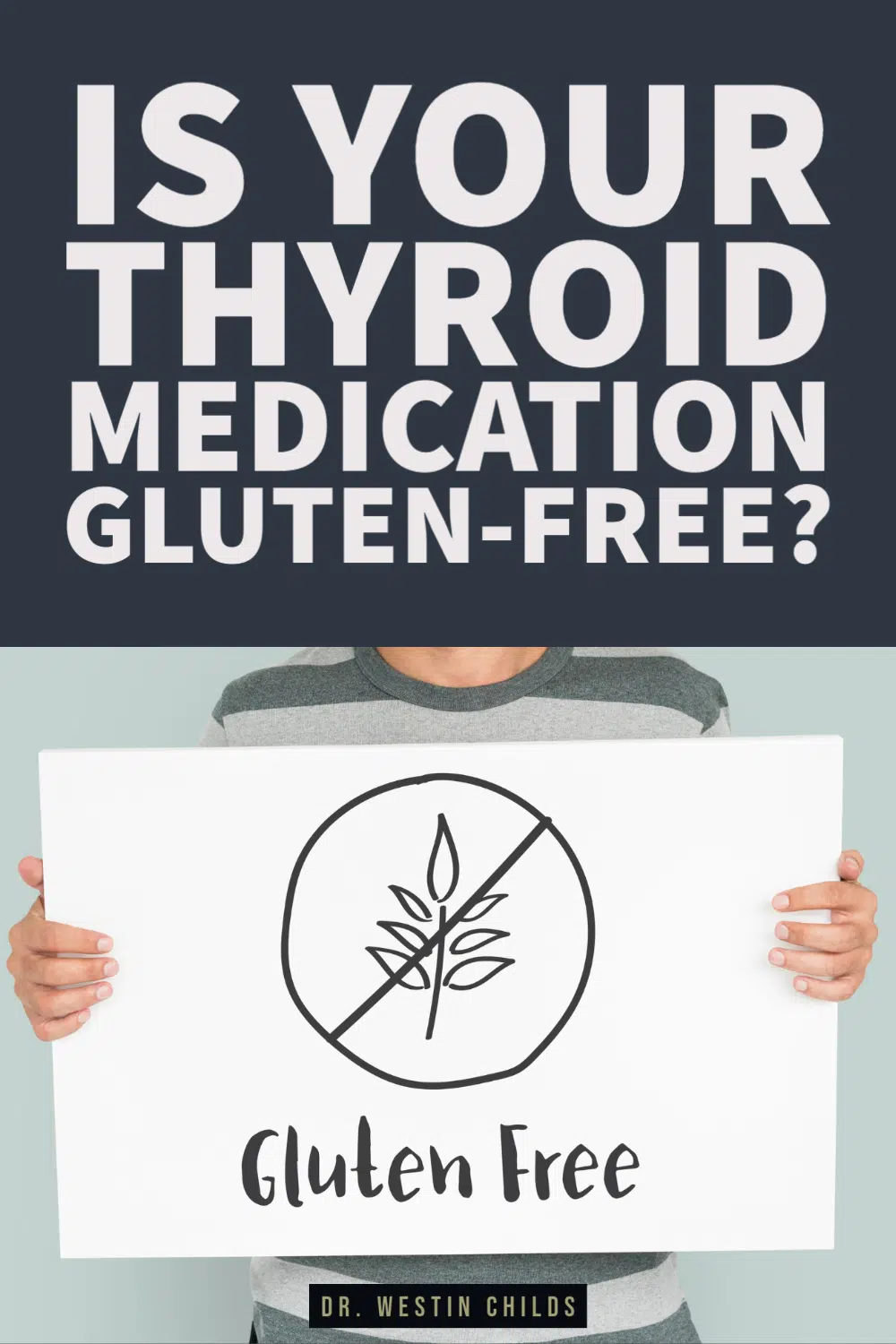
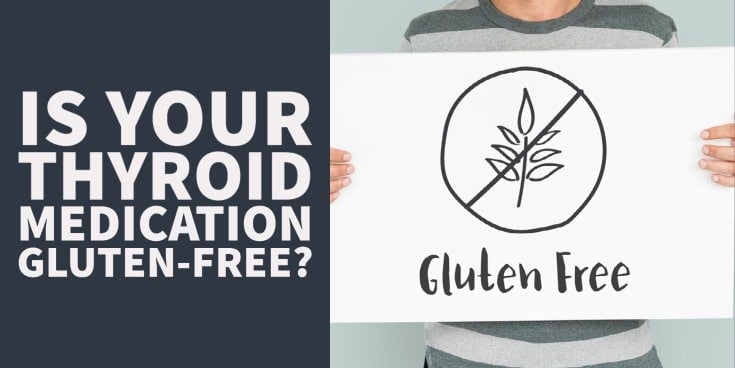
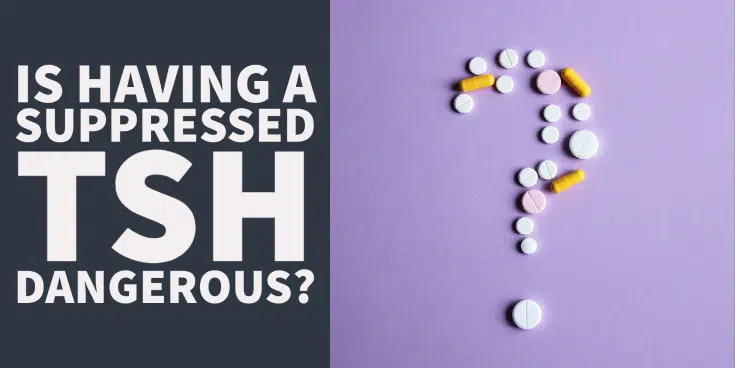
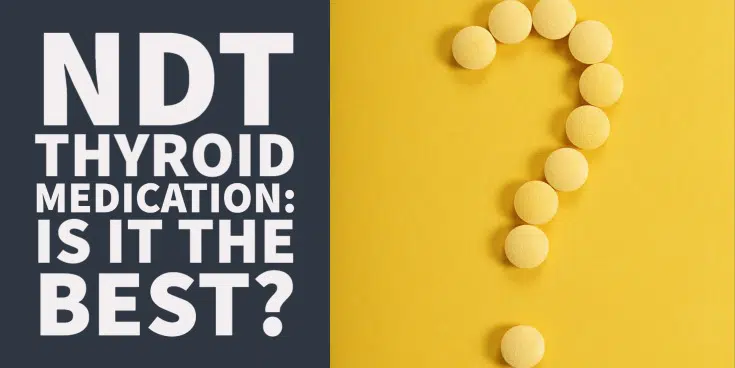
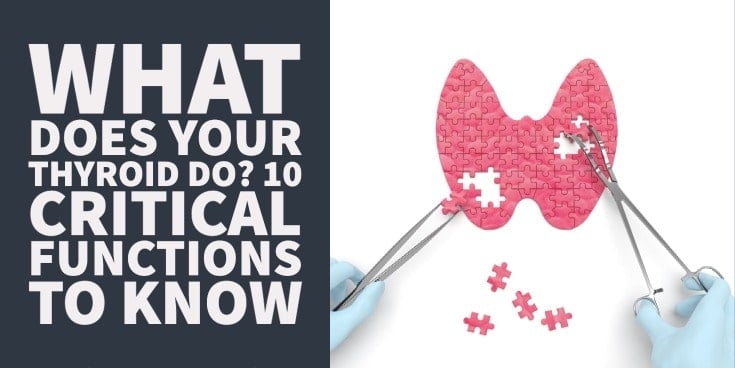
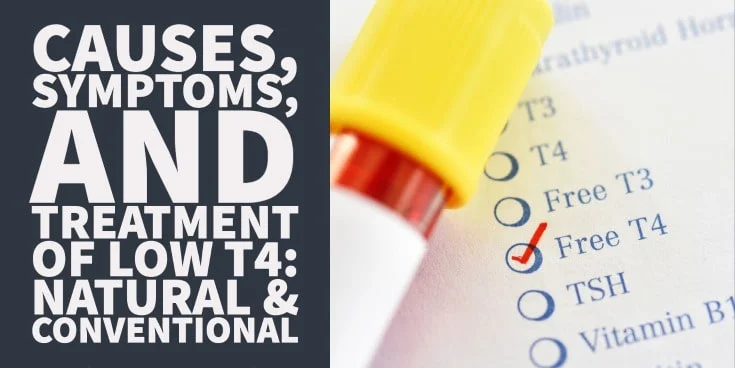
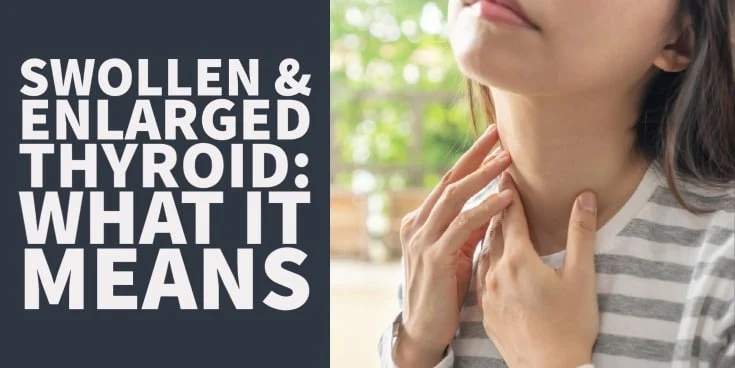
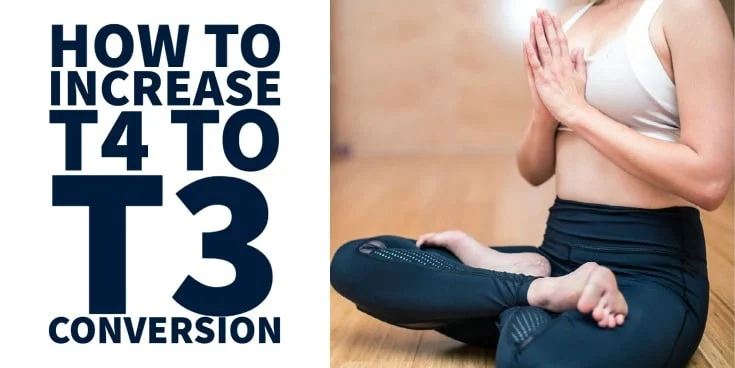

I am on 120 mg armour and feel a bit off sense the last two 90 day scripts I’ve filled my tsh is now 1.3 and previously It was slightly hyper 0.9999. Wondering if there was a manufacturer change. I do have hish and also follow a gluten free diet. But side note I also have been unwell since the 1st dose of the Pfizer vaccine 10 months ago find it interesting my tsh has went 1.3 and I’m losing weight.
Hi Mrs. Smith,
I would say it’s more likely to be related to lab error or due to some other cause 🙂 Please see this article: https://www.restartmed.com/you-cant-stay-on-the-same-thyroid-medication-dose-forever/
Thanks for all the info as I was diagnosed non-celiac (but gluten sensitive)back in 2014 & also with hypothyroidism (not hashimotos). At that time I also was on multiple asthma meds. Once on the meds (not synthroid) & going GF my asthma went away so I stay on GF diet but in 2019 My doctor put me on synthroid where I began having arthritis pain & was diagnosed with severe arthritis (especially in shoulders which never hurt before ) so before taking pain meds etc… I called the pharmacist who explained there was gluten in the non active ingredients but not much so they can call it GF! Immediately I had doctor change prescription to Tirosent (being the most pure) & it took a month of that before my body started to get back to normal & no arthritis pain in my body since then. Just wanted share another side effect that maybe gluten can cause some people. Thanks again for all your information helping us! Ann
Hi Ann,
Happy to do it! I’m glad you find the information helpful.
I am Celiac, diagnosed over 20 years ago and stick to a strict GF diet. You did not mention Thyroid-NP, it is suppose to not have any fillers either, started taking this when there were problems getting the WP Thyroid meds. I take 1.5 grains 2x a day and also take Liothyronine 5 mg 2x a day. Have never felt my hypothyroid symptoms have completely gone away, still have fatigue, weight gain & cold. My T3 levels are 3.0 with reference range 2.0 -4.4. I can’t seem to get my T3 levels higher without feeling hyperthyroid. Doctors don’t really understand what to do either.
Hi Melissa,
You may want to try SR T3 instead of liothyronine: https://www.restartmed.com/sustained-release-t3/
What would cause my fingers to feel even more cold AFTER taking my T4/T3 meds? I take 40mcg levothyroxine and 20mcg T3. My Dr doesn’t really know. I’m taking this for low T3 and have tried just T3 and it was worse.
Hi Gypsy,
Many things can cause cold fingers including circulation issues and other conditions such as Raynaud’s or chilblains.
Thank you for this information, I believe all of the above may be happening with my current state. I so appreciate you sending your helpful and informative insights
Hi Mimi,
Glad you found the information helpful!
Dear Dr. Child’s,
I was told by my pharmacist that Levothyroxine (the generic) contains gluten, and Levoxyl does not contain gluten. I can attest to this as a I couldn’t tolerate Levothyroxine, it gave me low thyroid symptoms; but Levoxyl was fine.
Hi Marylee,
You may have been reacting to the inactive ingredients in levothyroxine (which is quite common). That could also explain your tolerance of Levoxyl over levothyroxine. This is why thyroid medications like Tirosint are always preferred because they are so clean: https://www.restartmed.com/tirosint/
You don’t have to worry about reactions to inactive ingredients or issues with absorption which are so common with levothyroxine/Synthroid and even Levoxyl (but to a lesser extent).
Doctor just put me on liothyronine 5mcg along with my Levoxl 100mcg. I told him I was still gaining weight and had swelling in my hands and can’t wear my rings.. Also still shed like crazy and still feel tired. I’ve gone mostly gluten free. But don’t see much of a difference. I have joint inflammation. Arthritis in my hips and my wrists/hands. My hands go numb.
I go in a few weeks for blood work to see what my levels are with being on the liothyronine.
Any suggestions
Hi Rhonda,
Most conventional doctors do not really know how to dose liothyronine so they put patients on a baby dose (like the one you are on). Given that, it’s no surprise that you aren’t feeling much different. The average T3 dose needed is usually in the 25mcg to 50mcg range or so but it depends on a lot of other factors.
I would recommend reading this article: https://www.restartmed.com/liothyronine/
And these:
https://www.restartmed.com/normal-thyroid-levels/
https://www.restartmed.com/cytomel-side-effects/
Is NP Thyroid gluten free?
Hi Debbie,
Yes, NP thyroid is gluten-free according to the manufacturer.